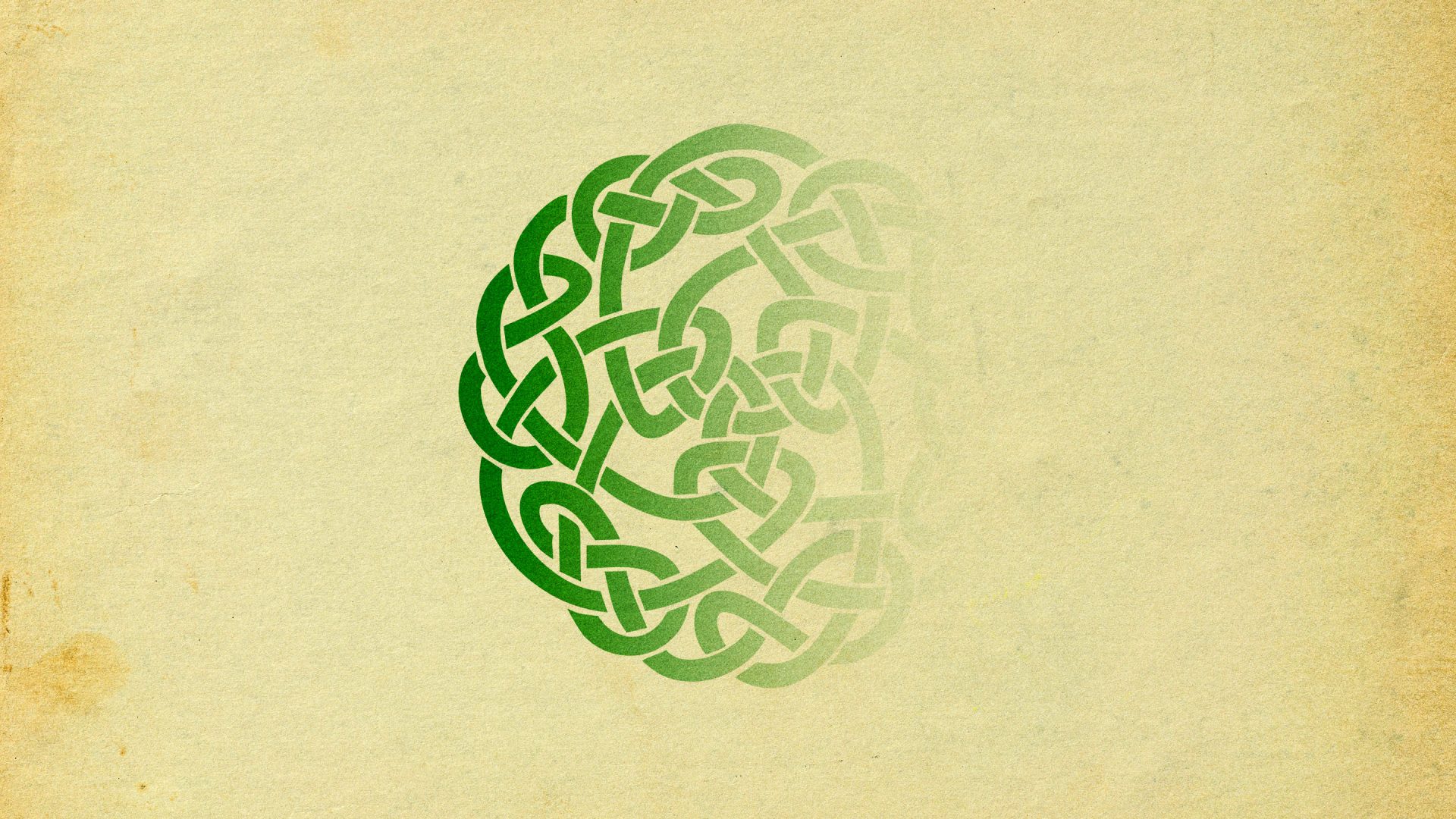The 2022 book by the distinguished journalist Simon Jenkins, The Celts: A Sceptical History, has been described by a lecturer in Welsh and Celtic Studies at Aberystwyth University as being a “truly dreadful” work which should “certainly never have been published”, a view widely shared by specialists in the field.
It is understandable that any Celtic Studies scholar would be unimpressed by this book when we note that Jenkins asserts “there was no such tribe, country, culture or language” as Celtic.
I have no expertise in history, archaeology or anthropology, so I will confine my comments to matters dealing with language. From a linguistic point of view, I am totally confident that Jenkins’s assertion that there was no such thing as a Celtic language is quite wrong. Jenkins may be “sceptical” but nobody in the world of linguistics is even slightly doubtful.
The modern Celtic languages Irish, Manx, Scottish Gaelic, Welsh, Cornish and Breton are all so obviously derived from a single common ancestral language, which we now call Proto-Celtic, that there is absolutely no point in discussing the issue. And we know from inscriptions that other closely related languages such as Gaulish and Galatian were formerly also spoken over much of central and western Europe, from northern Italy to central Spain, and from Hungary to Germany.
If anyone wanted to acknowledge that point but still dispute the validity of the label “Celtic” to refer to this language family, then note that Julius Caesar himself reported that he met with Gauls who referred to themselves as “Celtae”; and that the Latin poet Martial, who was born in Calatayud in western Spain, also described himself as “sprung from the Celts”.
The Romans knew very well that there were such people as Celts. If no one objects to speakers of Slavic languages such as Polish and Czech being referred to as Slavs, then it is not all clear what the objection could possibly be to describing populations who speak a Celtic language like Breton or Welsh being called Celts.
Of course, there is no necessary connection between language and culture or ethnicity, and it is quite true that archaeological remains give us no clue as to what language was spoken at any particular site. But there really is such a thing as a Celtic branch of the Indo-European language family; and the modern Celtic languages really are all members of it. There is nothing ideological about this assertion – it is simply a matter of philological fact, and all linguistic scientists are agreed about this.
The Journal of Celtic Linguistics is published annually by the University of Wales Press. The Journal of Celtic Language Learning is published annually by the North American Association for Celtic Language Teachers. The North American Journal of Celtic Studies publishes studies on Celtic languages. And the Zeitschrift für celtische Philologie has been published for over a century in
Bonn, Germany.
There are Departments of Celtic Languages at Harvard, and the Universities of Aberystwyth, Edinburgh, Aberdeen, and Trinity College, Dublin. The University of Utrecht has a three-year programme in Celtic Languages and Culture; and the Universities of Toronto and California, Berkeley, are amongst many other institutions which have Celtic programmes. These highly reputable institutions show no signs of scepticism either.
SKEPTIC
A sceptic is someone one who is inclined to be doubtful about anything they
are told. In the USA the word is usually spelt skeptic. Its origin lies in Greek: the Modern Greek verb skeptomai means “to think, consider”. Our spelling with a c comes from the French and/or Latin versions of the Greek form.




